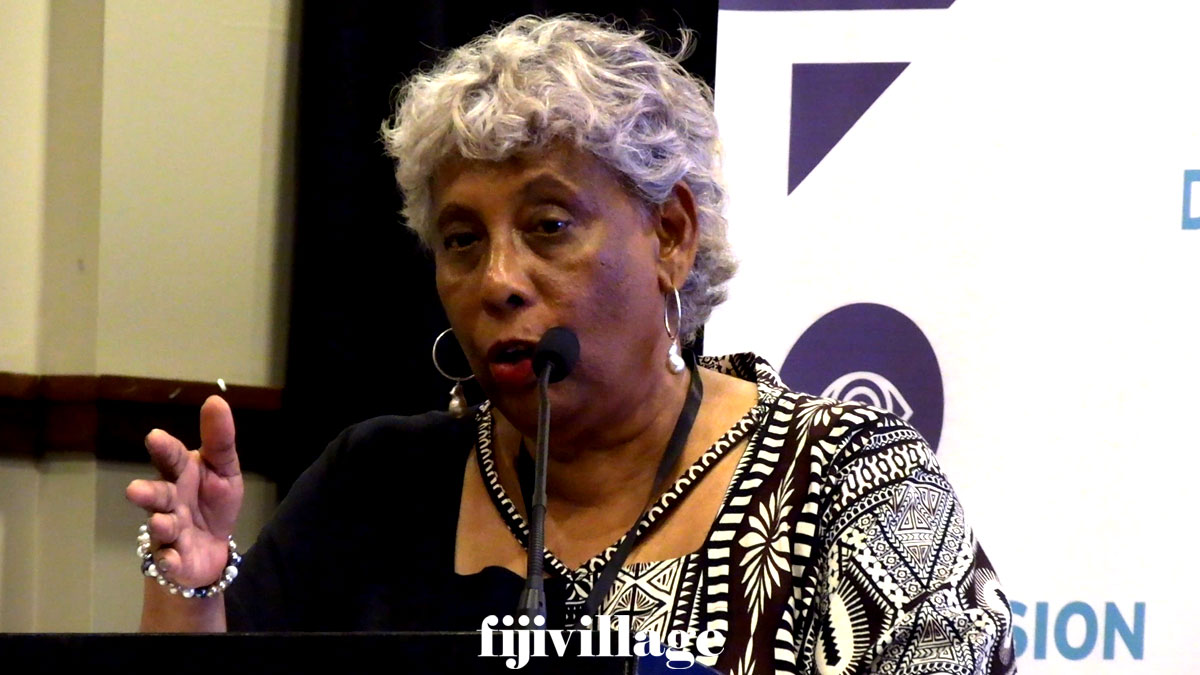
It is a waste of time and breath talking about climate change policy if social protection cannot be implemented with long-term benefits for everyone in society regardless of gender.
University of Fiji Vice Chancellor, Professor Shaista Shameem highlighted this at the Regional Conference on Gender-responsive Climate Policy formulation with Fiji, Solomon Islands and Vanuatu at the Grand Pacific Hotel.
Professor Shameem says the Linear Economic Model no longer served the needs of people and places.
She says human rights are being daily violated as a result of policies based on the Linear Economic Theory which exploit people and resources
Professor Shameem says for a nation to make a meaningful contribution to saving the planet and all the people, regardless of differences, there is an urgent need for policy-makers to move actively towards fostering the Circular Economic Model.
She says the Circular Economic policy is based on the 3 Rs, namely, Reduce, Reuse and Recycle.
Professor Shameem says that a Circular Economic Model with gender sensitivity at its heart would mean recognition that women were impacted more negatively by industrial activities that also affect the climate.
She says some examples were industrial chemical use and waste which affected land health, toxic gases and emissions adversely affecting women who were over-represented in low-paid factory jobs with unsustainable value chains, fuel use, especially cooking fuel use, industrial run-offs into the rivers and oceans which were the traditional food source areas for women of the Pacific, and commercial activities that attracted women workers who were doubly disadvantaged in wages and working conditions.
The Vice Chancellor says that unions in particular, but also women’s groups and farmers’ cooperatives had to become more organised to influence their governments to actively focus on the health and well-being of their vulnerable people instead of pursuing investment strategies that harmed them, their land, sky and ocean.
She says national and international financing regimes must be gender-centred, and climate-responsive and foster the transition to a global circular economy.
The Vice-Chancellor says a nation’s economic philosophy, particularly its taxation regime, needs to be radically transformed by governments actively pursuing policies that are gender-sensitive, culturally appropriate and protective of land, sky and ocean.
She says only a Circular Economic model could deliver that people-centred result.
Professor Shameem says it was clear that many of the current climate change conferences and meetings delivered were mere talk-fests showing very little improvement for the vulnerable and disadvantaged.
She adds the term ‘Gender-responsive Climate Policy’ should be amended to ‘gender-centred or gender-active climate policy’ because people could transform climate change by providing specifically gender-centric solutions.
Stay tuned for the latest news on our radio stations


